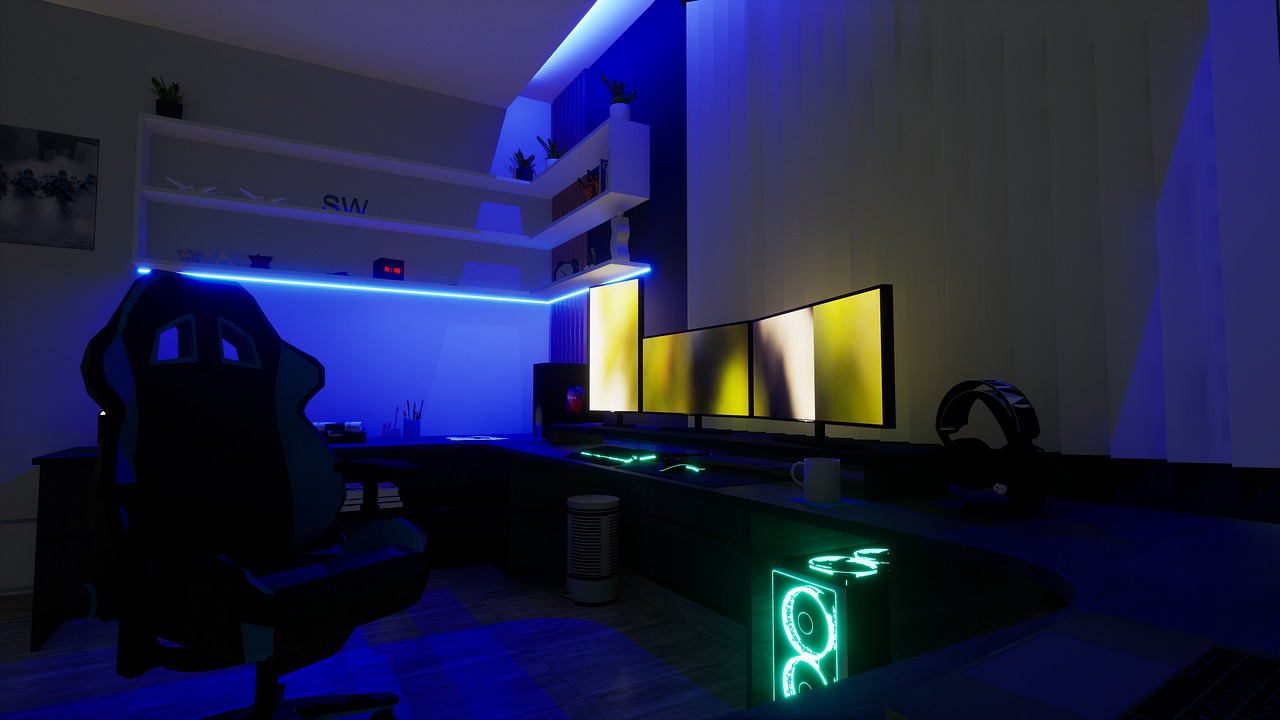Are you tired of your games lagging, stuttering, and crashing? It might be time to optimize your gaming setup for better performance. As technology advances and games become more demanding, it is important to keep up with the latest optimizations to fully enjoy your gaming experience. Here are some tips on how to optimize your gaming setup for maximum performance.
Upgrade Your Hardware
One of the key factors in optimizing your gaming setup is upgrading your hardware. This includes components such as your graphics card, CPU, RAM, and storage. Investing in high-performance hardware will significantly improve your gaming experience by providing faster load times, smoother gameplay, and better graphics.
When it comes to the best prebuilt gaming PCs, it is essential to do your research and choose one that has the best specifications for your budget. If you are building your PC, make sure to select compatible and high-quality components that will work together seamlessly.
Monitor Your System Resources
Monitoring your system resources is crucial in optimizing your gaming setup. This includes keeping an eye on your CPU and GPU temperatures, as well as the usage of RAM and storage space. Overheating can cause performance issues and even damage your hardware, so it is important to make sure your system stays within safe temperature ranges. You can use software such as MSI Afterburner or HWMonitor to monitor your system resources in real-time.
Keep Your Drivers Up to Date
Outdated drivers can impact the performance of your gaming setup. Make sure to regularly check for updates for your graphics card, motherboard, and other components. Manufacturers often release updates to improve compatibility and fix bugs that can cause performance issues.
If you are using a gaming laptop, some manufacturers also offer custom software that can optimize your system for the best gaming performance. Use these tools to make sure your drivers are always up to date and your system is running at its best.
Optimize Your Game Settings
Adjusting your game settings can significantly improve performance. Lowering graphics settings, disabling unnecessary features, and using borderless windowed mode instead of fullscreen can all contribute to smoother gameplay. However, make sure not to sacrifice too much in terms of graphics quality for the sake of performance.
Consider Overclocking
Overclocking, or increasing the clock speed of your CPU and GPU, can also improve gaming performance. However, this should only be done if you have adequate cooling systems in place and are comfortable with tinkering with your hardware. Improper overclocking can cause damage to your components, so it is important to do thorough research and proceed with caution.
You can also consider investing in a gaming-specific router and network adapter to reduce lag and improve connection speed for online gaming.
Keep Your Setup Clean
A cluttered setup can not only be distracting but can also affect the performance of your system. Make sure to regularly clean and dust your hardware, as well as organize cables to improve airflow. A clean and organized setup will not only improve the aesthetics of your gaming space but can also prevent performance issues caused by overheating.
The bottom line is, optimizing your gaming setup for performance requires a combination of hardware upgrades, software updates, and regular maintenance. By following these tips, you can ensure that your gaming experience is smooth, immersive, and enjoyable. Keep up with the latest optimizations, keep your system clean and organized, and most importantly – have fun!
Do you have any other tips for optimizing a gaming setup? Feel free to share them in the comments below! Let’s help each other create the ultimate gaming experience.
